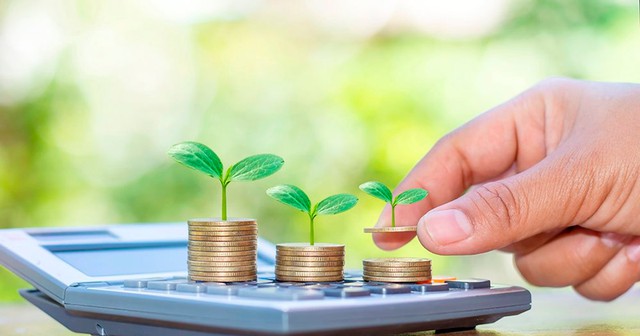IFC supports Viet Nam to issue first blue bond
VGP - The International Finance Corporation (IFC) is providing a financing package of US$150 million to Southeast Asia Commercial Joint Stock Bank (SeABank) to catalyze a viable blue finance market while fostering green bonds and supporting smaller businesses in Viet Nam.

The investment entails the first blue bond in Viet Nam and the first green bond by a private commercial bank in the country.
As part of the financing package, IFC's subscription in a blue bond of US$25 million will allow SeABank to expand its funding for sustainable economic activities associated with ocean and water (aquaculture and fisheries, water supply, and others).
IFC's subscription in a green bond of US$50 million will help the bank increase its financing of green assets, including green buildings, renewable energy, and energy efficiency.
Additionally, IFC's loan of US$75 million to SeABank is aimed at boosting financing for small and medium enterprises (SMEs), including women-owned businesses, to promote financial inclusion.
One of the most vulnerable countries to climate change, the Vietnamese economy is already being impacted by an estimated loss equal to about 3.2 percent of GDP in 2020, which is expected to escalate rapidly.
While millions of Vietnamese—with a 3,000-km coastline—rely on the ocean for a livelihood, the country's blue economy is projected to contribute about 10 percent to the GDP by 2030.
To achieve net zero by 2050, Viet Nam needs additional investments of about 6.8 percent of GDP per year, or a cumulative US$368 billion through 2040, half of which is expected to come from the private sector.
Alongside the investment, IFC will advise SeABank on adopting green and blue bond frameworks, while helping the bank identify eligible green and blue assets and develop a pipeline.
Viet Nam's green transition relies heavily on private capital, and the launch of innovative financing instruments such as blue and green bonds offers a new source of funding for climate-related projects, said Thomas Jacobs, IFC Country Manager for Viet Nam, Cambodia, and Lao PDR.
With this investment in a leading player, IFC is establishing new asset classes while mobilizing capital and strengthening the capacity of local financial institutions to drive increased climate finance in Viet Nam, he added./.
